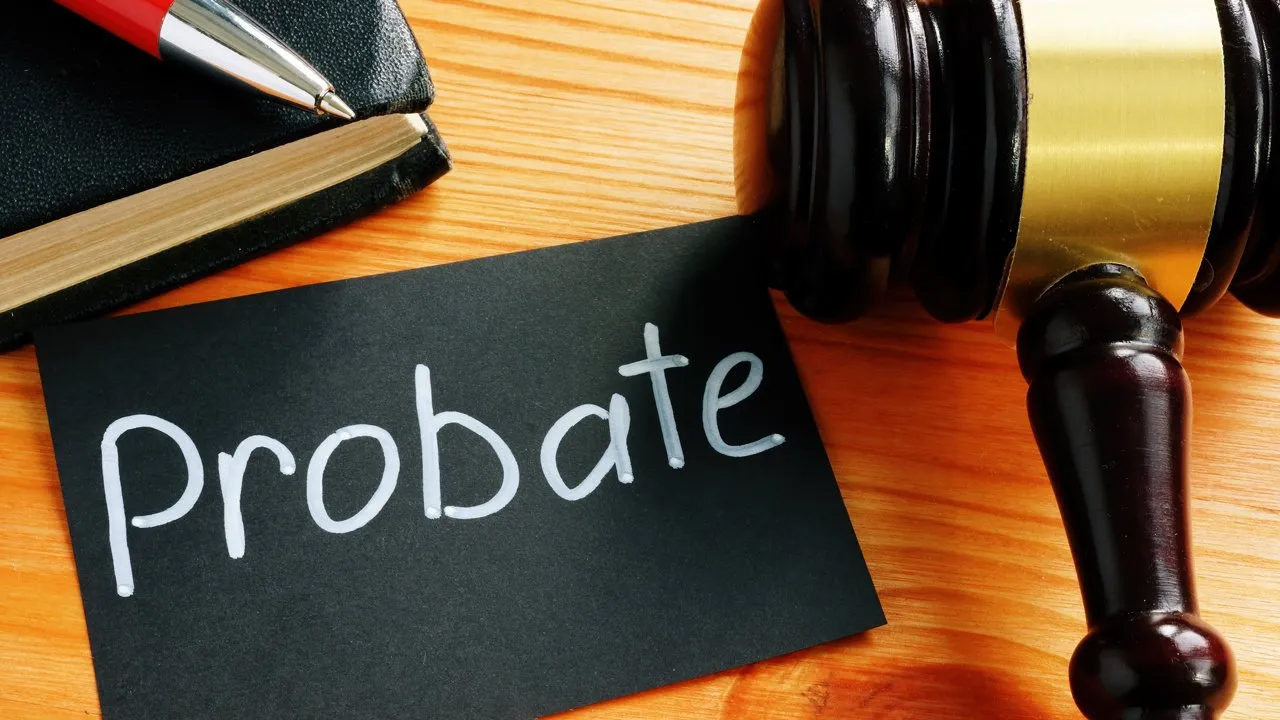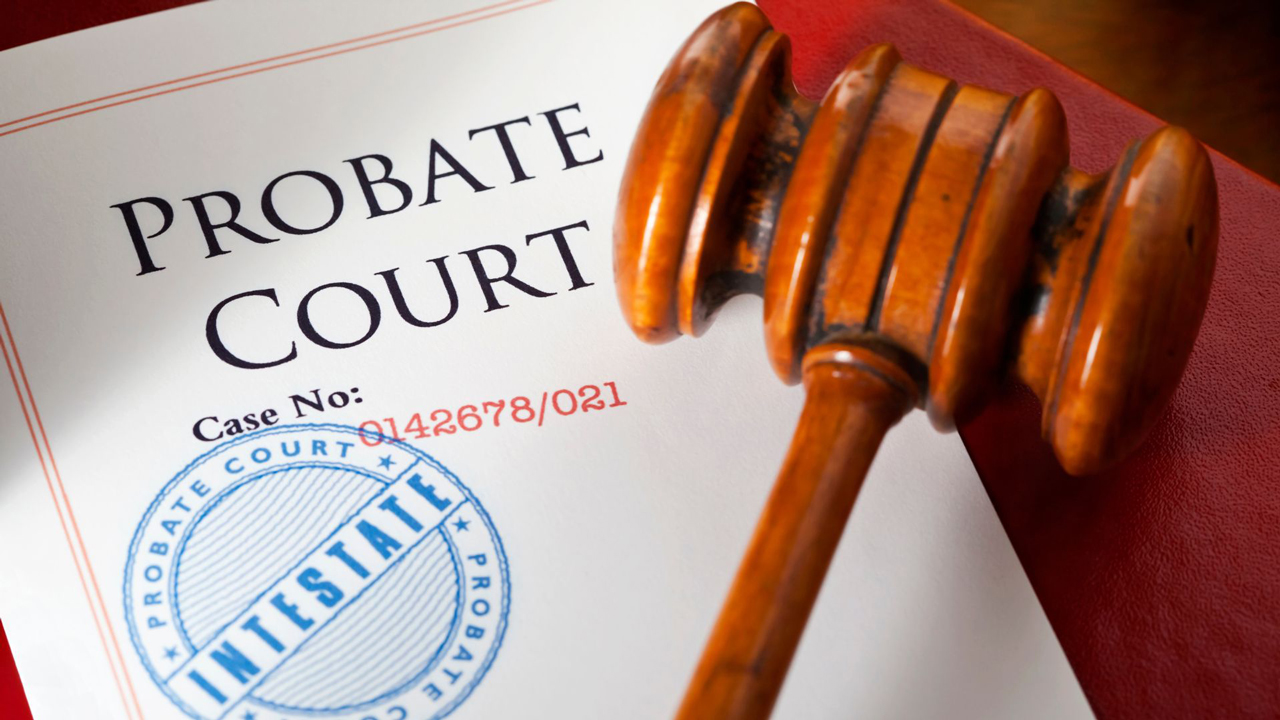-
What Are the Critical Roles of Trust Advisors, and Why Do I Need to Know Them?
Key Takeaways Have you ever wondered who manages the details when someone sets up a trust? Or maybe you’ve asked yourself why having a trust attorney in Orange County is crucial for protecting your assets. Whether you’re new to estate planning or revisiting your plans, understanding the critical roles of trust advisors can make all…
-
What Is Fiduciary and Can You Give Real-World Examples?
Key Takeaways Fiduciary duty is one of the most important legal obligations, especially when it comes to trust administration and estate planning. Whether you are a trustee, executor, financial advisor, or even a corporate officer, understanding the principles and applications of fiduciary duty is crucial. Let’s explore how working with an experienced estate planning attorney…
-
What Are the Roles and Responsibilities of a Trustee?
Key Takeaways: Being a trustee is a significant responsibility that requires diligence, integrity, and a thorough understanding of legal and financial principles. In this comprehensive guide, we will explore the key roles and responsibilities of a trustee, with insights from an estate planning attorney in Orange County, a trust attorney in Orange County, and an…
-
Handling Probate – Without an Attorney
Probate can be a lengthy and complex legal process, but some individuals choose to navigate it without the assistance of an attorney. While it’s possible to handle probate on your own, working with a skilled Laguna Niguel estate planning attorney can make the process faster, easier, and less stressful. In this guide, we’ll explore what…
-
Are Probate Records Public?
Are you looking for information about probate records? When someone passes away, their assets are typically subject to probate, a legal process that involves the court’s examination of their will and other estate documents. While working with a skilled trust attorney in Orange County can help you set up your estate to potentially avoid probate,…
-
Probate Cases Made Easy: How an Experienced Attorney Can Streamline the Process
It can be difficult and emotionally draining to handle a probate case, especially when dealing with the loss of a loved one. The legal intricacies involved in handling the deceased person’s assets and ensuring a smooth transition can be overwhelming. That’s where an experienced probate attorney in Orange County can make all the difference. Navigate…
-
Do All Estates Require Probate?
Do All Estates Require Probate? Losing a loved one is never easy, and when you find yourself entrusted with the responsibility of managing their estate, it can be an overwhelming experience. Not only are you dealing with grief, but you’re also tasked with carrying out their final wishes. However, before you can begin, you’ll need…
-
Why You Need an Attorney for Probate Cases: A Guide to Avoid Delays and Personal Liability
Seeking guidance for probate cases and wondering if you need an attorney? Probate is a complex and often daunting process that no one wants to face immediately after losing a loved one. Yet, it’s a challenge that frequently falls upon the shoulders of the executor. While some may be willing to shoulder the entire burden,…
-
Navigating Probate Cases: How an Attorney Can Help You Through the Complex Process
Are you dealing with the complexities of probate after losing a loved one? Losing a loved one is never easy, and when you find yourself entrusted with the responsibility of managing their estate, it can be an overwhelming experience. Not only are you dealing with grief, but you’re also tasked with carrying out their final…
-
What Does “Per Stirpes” Mean?
Estate planning can be simple if you’ve got a small family with only one child and no siblings. It’s when you have a large family, such as a blended family, that it can get complicated. That’s why you need a trust attorney in Orange County to help you create a will that encapsulates your wishes,…









